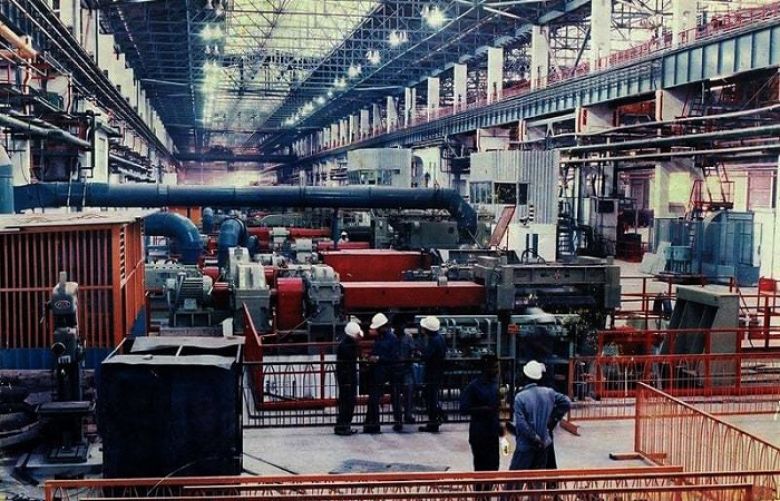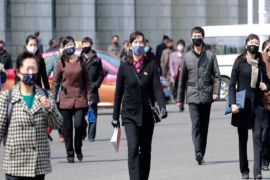The Privatisation Commission’s board agreed Tuesday to a proposal to lease out Pakistan Steel Mills (PSM), recommending that the length of the lease agreement be 30 years. The recommendations have been forwarded to the Cabinet Committee on Privatisation, which will decide whether the proposal should be approved or not.
The Privatisation Commission meeting was held in Islamabad under the chairmanship of Minister of State for Privatisation Mohammad Zubair.
Read more: Chinese, Iranian companies interested in leasing Pakistan Steel Mills: Mohammad Zubair
The board approved the transaction structure for the proposed lease agreement and decided against selling off any of PSM's assets. PSM’s land will remain with the government while the plant and machinery will be handed over to the new company for a maximum of 30 years, a press release said.
According to reports, the future investor, the federal government and PSM will be parties to the lease contract on a revenue-sharing basis.
Read also: Chinese firm expresses interest in PSM sale
The board also deliberated incentives for the investing party, recommending a five-year tax holiday as well as the waiver of customs duty on the import of machinery.
All liabilities, however, should lie with the federal government, it said.
A Chinese group, an Iranian firm and a local steel group are reported to have shown interest in the deal.
It was clear from the transaction committee's deliberations on Monday that the government would take care of liabilities worth Rs166 billion and offer a voluntary separation scheme to at least 4,835 employees and outsource the services of some of the remaining workforce to the new operator.
The PSM’s total liabilities and losses have more than doubled since the PML-N government came to power in May 2013. At least $5 billion has been spent on ‘replacement imports’ ever since the PSM was put on ‘hot-mode-zero production’ since June 2015.







